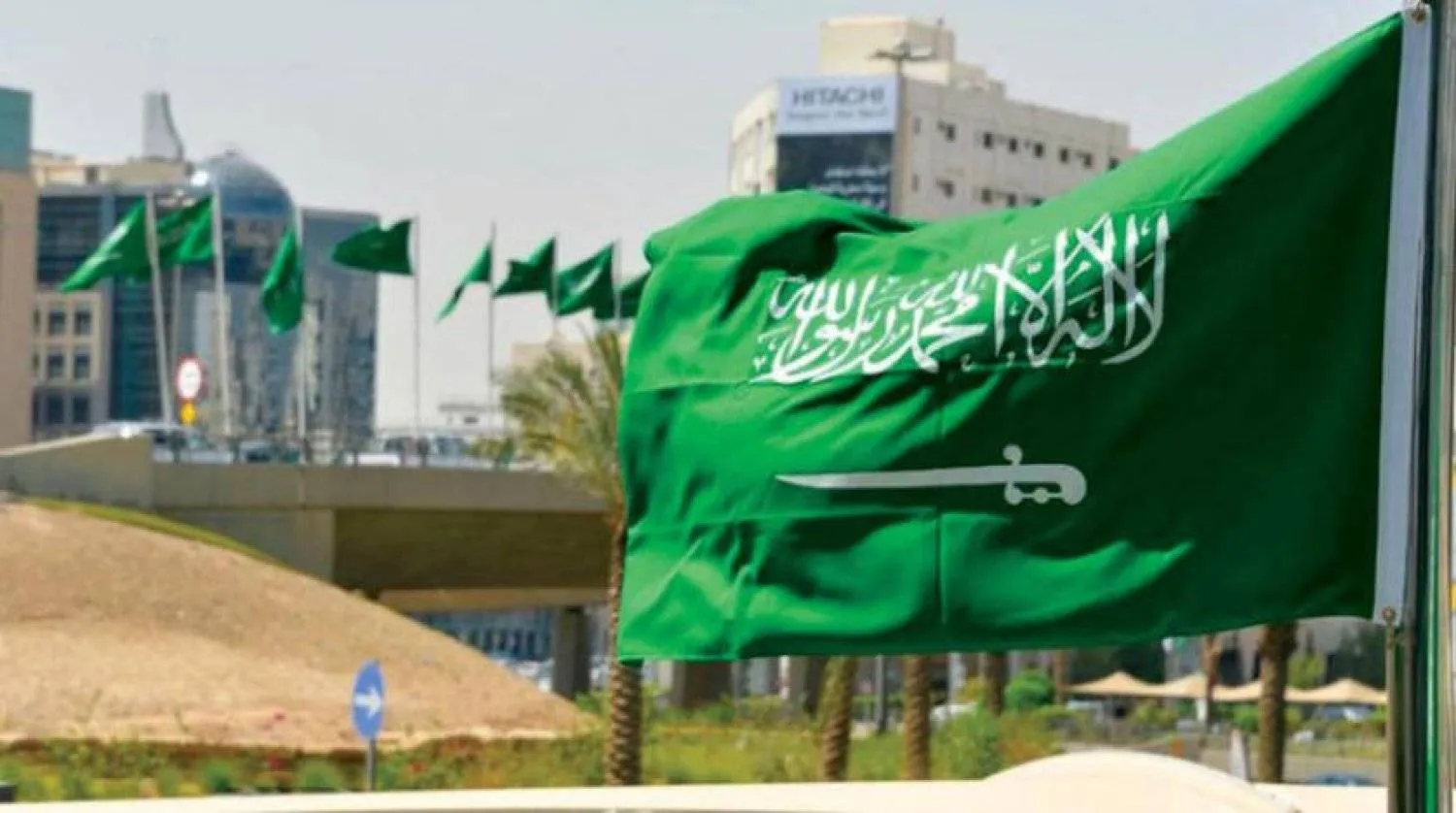Saudi Arabia, in partnership with the United Nations Industrial Development Organization (UNIDO), will host the Multilateral Industrial Policy Forum (MIPF) in October, underscoring the Kingdom's significant industrial transformation, in line with Vision 2030, and aiming to expand the Saudi industrial base and solidify its position as a leading global industrial center.
Organized by the Ministry of Industry and Mineral Resources in Riyadh, the forum is yet another substantial industrial development initiative the Kingdom relentlessly takes.
By carrying out programs focused on innovation, diversification, and boosting of the industrial sectors, including 12 strategic sectors identified in the National Industrial Strategy, Saudi Arabia seeks to raise competitiveness and support its national economy.
Beyond the National Industrial Strategy, the Kingdom has invested in developing industrial infrastructure, such as industrial cities and special economic zones, and fostered international cooperation to facilitate transfer of knowledge and technology. The forum, in which global experts and decision makers participate, is an ideal platform to exchange expertise and set best practices in industrial policies.
Saudi Arabia aims to develop policies that are in line with international standards, thus increasing the global competitiveness of its industrial sector. By leading initiatives for sustainable industrial practices, promoting international cooperation, exchanging expertise, and adopting environmentally friendly technologies, the Kingdom seeks to enhance the flexibility of its supply chains, in line with the Global Supply Chain Resilience Initiative.
The industrial sector in Saudi Arabia witnessed significant developments in 2023, including announcing major investment opportunities in targeted sectors, issuing a license for the first Saudi-made electric car brand "Ceer", and opening the first electric vehicle manufacturing factory "Lucid". The Kingdom aims to produce over 300,000 cars annually by 2030.
Attracting private sector investments is crucial to achieving the goals of the National Industrial Strategy. The industrial sector focuses on enhancing integration among various sectors and their supply chains, developing infrastructure, encouraging joint investments, promoting local content, and empowering national companies through policies, financing, and training.
In July 2022, the Ministry of Industry and Mineral Resources launched the Future Factories Program, which aims to transform 4,000 factories from labor-intensive models to efficient, automated operations utilizing advanced industrial solutions. This initiative seeks to enhance competitiveness, improve product quality, and increase exports of Saudi non-oil products.
The ministry has also made strides in improving the regulatory and legislative environment for the industrial sector, creating an environment conducive to investments and fair competition.
The ministry's goals for 2024 and 2025 include attracting investments in targeted industrial sectors, reaching a total investment volume of SAR451 billion, adding 1,500 products to the mandatory local content list, increasing the industrial sector's contribution to non-oil GDP to SAR412 billion, and boosting non-oil exports to over SAR300 billion. Moreover, the ministry aims to launch the industrial sector governance initiative to stimulate integration and concerted efforts among relevant stakeholders.
The second edition of the Multilateral Industrial Policy Forum, hosted by Riyadh under the theme "Transforming Challenges into Sustainable Solutions through Industrial Policies", will bring together some 3,000 industry leaders from around the world, including decision makers, CEOs, industry specialists, and people interested in developing industrial policies.
Saudi Arabia to Host Multilateral Industrial Policy Forum

The Saudi flag. Asharq Al-Awsat

Saudi Arabia to Host Multilateral Industrial Policy Forum

The Saudi flag. Asharq Al-Awsat
لم تشترك بعد
انشئ حساباً خاصاً بك لتحصل على أخبار مخصصة لك ولتتمتع بخاصية حفظ المقالات وتتلقى نشراتنا البريدية المتنوعة







